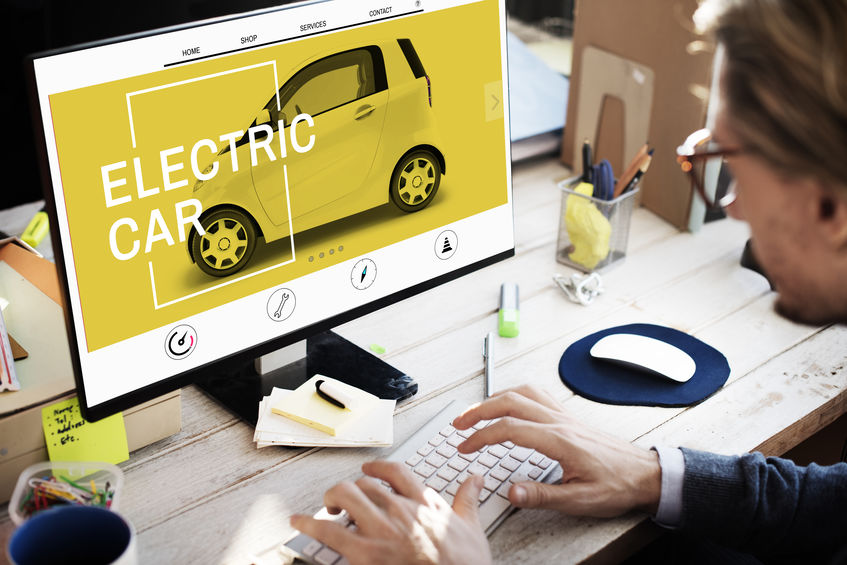Electric vehicles are the wave of the future, we’re told. Now, the U.S. Senate Minority Leader, Chuck Schumer, is the latest prominent politician to propose a new boatload of taxpayer money to make sure, and move up the future by several decades.
Make that an Aircraft-Carrier-load of taxpayer money.
Sen. Schumer of New York last week proposed a $462 billion package of new tax incentives over the next ten years to induce more Americans to replace their gasoline-powered vehicles for electric vehicles (EV). This “trade-in” proposal also includes spending for charging stations and subsidies for companies to manufacture more electric vehicles.
Schumer’s proposal, he claims, would “bring clean cars to all of America”— about 63 million by 2030. The problem is, Americans do not want them, even with existing subsidies of as much as $7,500 per vehicle. Only about 2 percent of the nation’s vehicle fleet is electric-powered. The senator also goes further by envisioning a ban on internal combustion engines in vehicles by 2040.
Many proponents of this “clean” transformation believe the year 2030 will be the “point of no return” to stop global climate change. If so, then how exactly will a few million more electric vehicles by then help, assuming so many could be “traded in”? They won’t help; yet, the question never seems to be asked, much less answered.
Like so many politicians before him, Sen. Schumer insists on force-feeding electric vehicles on American drivers by spending more taxpayer money to the tune of a half-trillion dollars over the next decade. Since electric vehicles remain far more expensive than comparable gasoline-engine vehicles, the Minority Leader would use the age-old incentive of welfare and crony capitalism all in one package.
It follows that big auto corporations and labor unions, along with the Green movement, are in support of the plan, as Sen. Schumer boasts. Of course they are, because such interests will enrich themselves at taxpayer expense. If your business or workplace was a recipient of government largess and your customers were bribed to purchase your product, you also would support such a scheme.
Social change for the Green movement is typically to use our master-politicians to force people to do something they would not do on their own. Sen. Schumer’s EV proposal is just the latest subtle illustration.
CFACT has documented numerous times over the years that electric vehicles are no panacea for the environment and would have little to no discernable effect on the planet’s average temperature.
Electric vehicles are not necessarily “cleaner,” at least by any significant margin, and accordingly not worth another half-trillion in new taxes or national debt. EVs and their power stations need fossil fuel energy for their manufacture, since renewable energy sources will not meet this need any time soon.
Electric vehicles run on batteries, the ingredients of which must be extracted from underground, just as oil and natural gas. The equivalent of 100 barrels of oil is needed to produce a single EV battery. The United States has an abundance of oil and gas, in contrast to battery metals like cobalt and lithium, which must be imported and are increasingly under the control of China, a hostile adversary.
Electric vehicles may one day become more marketable to middle income and working class Americans. Over time, the technology is likely to improve, the cost to manufacture them may decline, and the price of oil may increase to the point where consumers on their own accord will make the switch, and demand more of them.
Patience and the free market, however, are not virtues to the radical environmental movement or to the politicians who cater to them. Rather, they want to impose their agenda and lifestyle on people now, and brazenly propose to tax the public and redistribute to the point of compliance. A mass makeover toward electric vehicles, regardless of how impractical and expensive, is the latest example of forcing dubious policy on an unwilling public.
